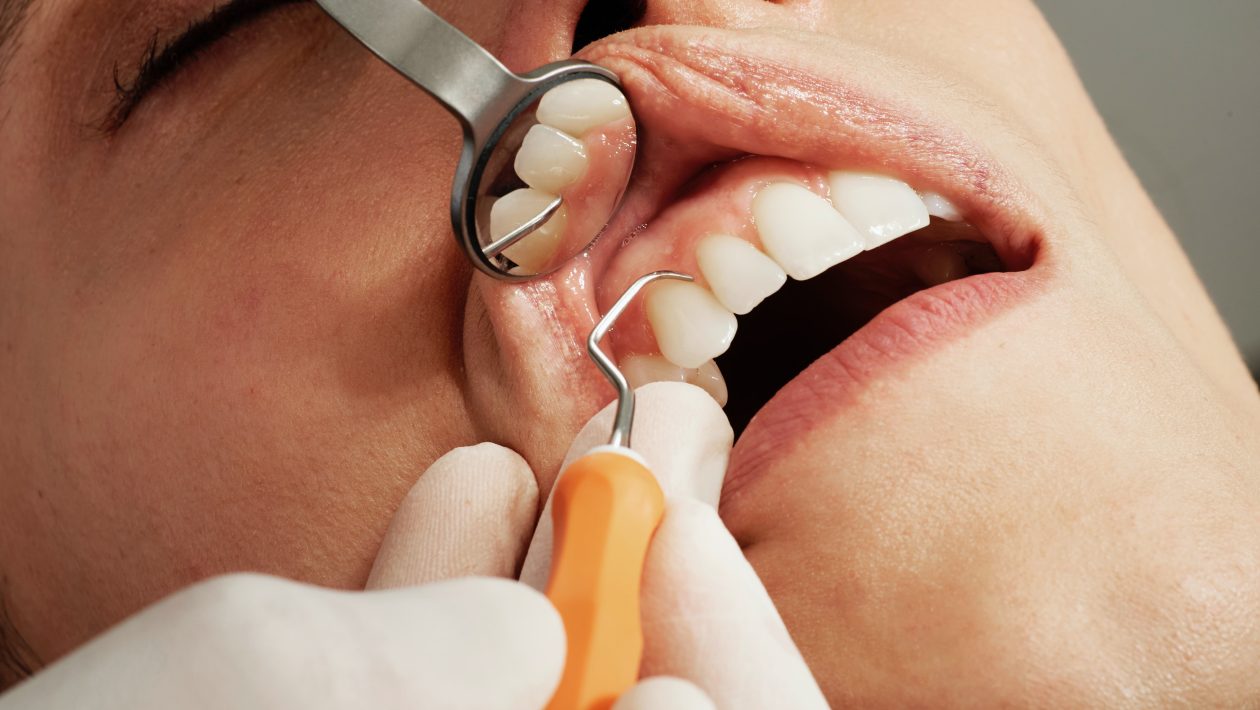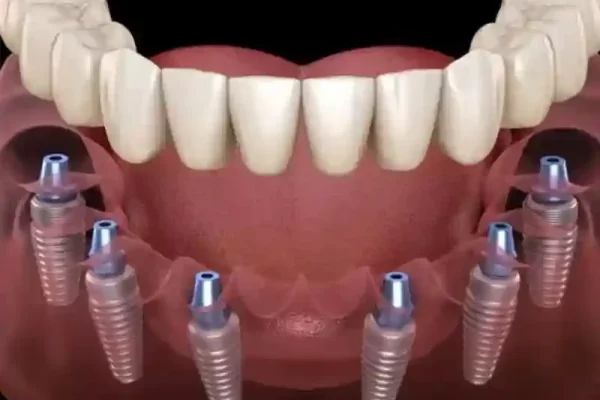Dental pain or tooth pain happens when the nerves of your tooth or surrounding tissue become inflamed or irritated. It can result from an infection, injury, tooth decay, infected gums, fractured tooth, or repetitive motions like teeth clenching. Tooth pain varies in different people, ranging from mild to severe. The pain can be sharp, throbbing, or constant. In some people, dental pain happens when pressure is applied to the tooth. Swelling around your tooth, fever, headache, a bad odor, and jaw pain are symptoms of tooth pain. If your tooth pain is accompanied by trouble breathing and swallowing, consult your Compassionate Endodontics specialist immediately. There are various ways of treating dental pain, including:
Pain medications
Over-the-counter pain medicines can reduce dental pain and inflammation. Aspirin, ibuprofen, and naproxen are common non-steroidal anti-inflammatory drugs that help ease dental pain. Do not give a kid under sixteen years aspirin; instead, use Tylenol.
Dental filling
Your dentist may recommend a dental filling if a cavity causes dental pain. If a cavity exposes nerves in your tooth, it can lead to severe pain. Before filling the affected tooth, your dentist drills around the cavity to remove all debris. The provider then fills the area with a bonding material to restore the tooth and protect the nerves from causing pain.
Root canal therapy
Toothaches in most patients result from a dental abscess, which happens when the tooth pulp gets infected. Your dentist can recommend root canal therapy if you have an abscessed tooth. During the root canal procedure, your dentist removes the infection, cleans the space, fills the tooth, and covers it with a dental crown to restore the tooth’s structure.
Tooth extraction
Your dentist can suggest tooth extraction if your tooth is severely decayed or infected to repair. Tooth extraction involves your provider numbing the gum surrounding the affected tooth and extracting it, including its root. After extraction, your dentist can place a dental implant, bridge, or denture to replace the lost tooth, restoring your dental structure and function.
Professional dental cleaning
Sometimes a small piece of food, such as a popcorn hull, can get stuck under your gums, causing infection. Your dentist may perform a deep cleaning to clear the bacteria in such a case. The provider can also do periodontal therapy. Your dentist may prescribe an antibiotic to relieve fever or swelling in your jaw.
Calcified root canal therapy
A calcified root canal develops when calcium deposits form inside your root canal, the center space of your tooth. The root canal contains a soft material known as pulp, which causes severe tooth pain when it becomes decayed or damaged. Calcium deposits make your root canal narrow and shrink. A calcified root canal needs endodontic therapy, where your dentist removes your pulp and replaces it with gutta-percha, a biocompatible material.
Dental pain or tooth pain happens when the nerves of your tooth or surrounding tissue become inflamed or irritated. Depending on the cause of your dental pain, your dentist can recommend pain medications, dental filling, tooth extraction, root canal therapy, or calcified root canal treatment. Schedule an appointment at Compassionate Endodontists New York/NYC for dental pain treatment to relieve your discomfort.











